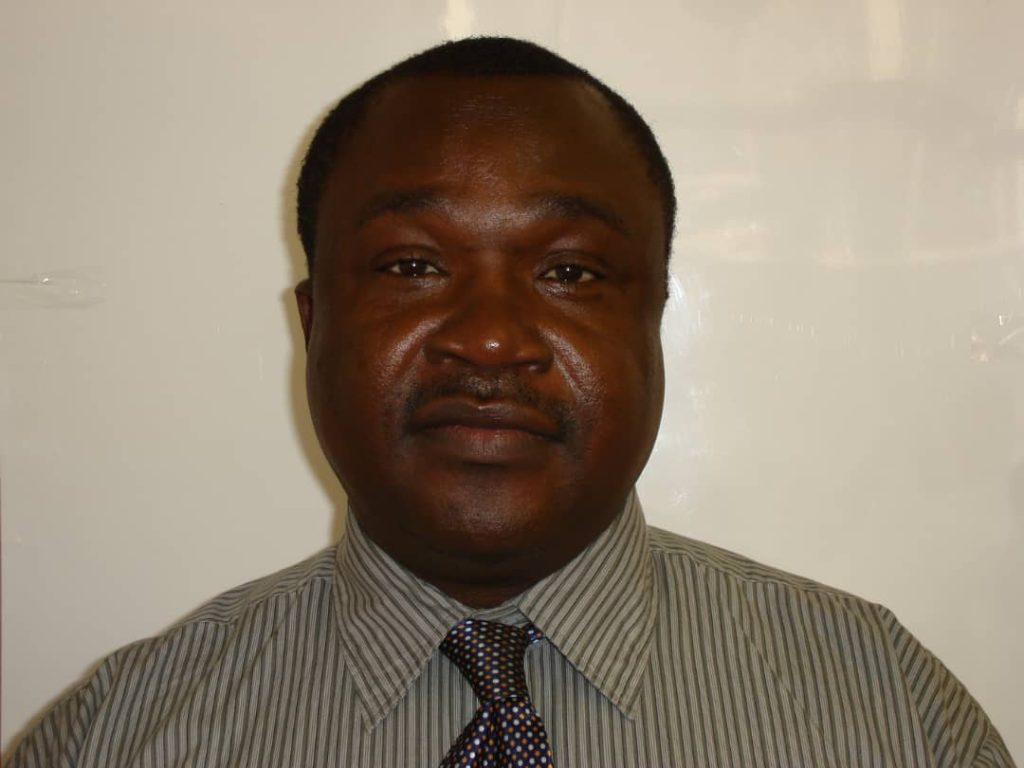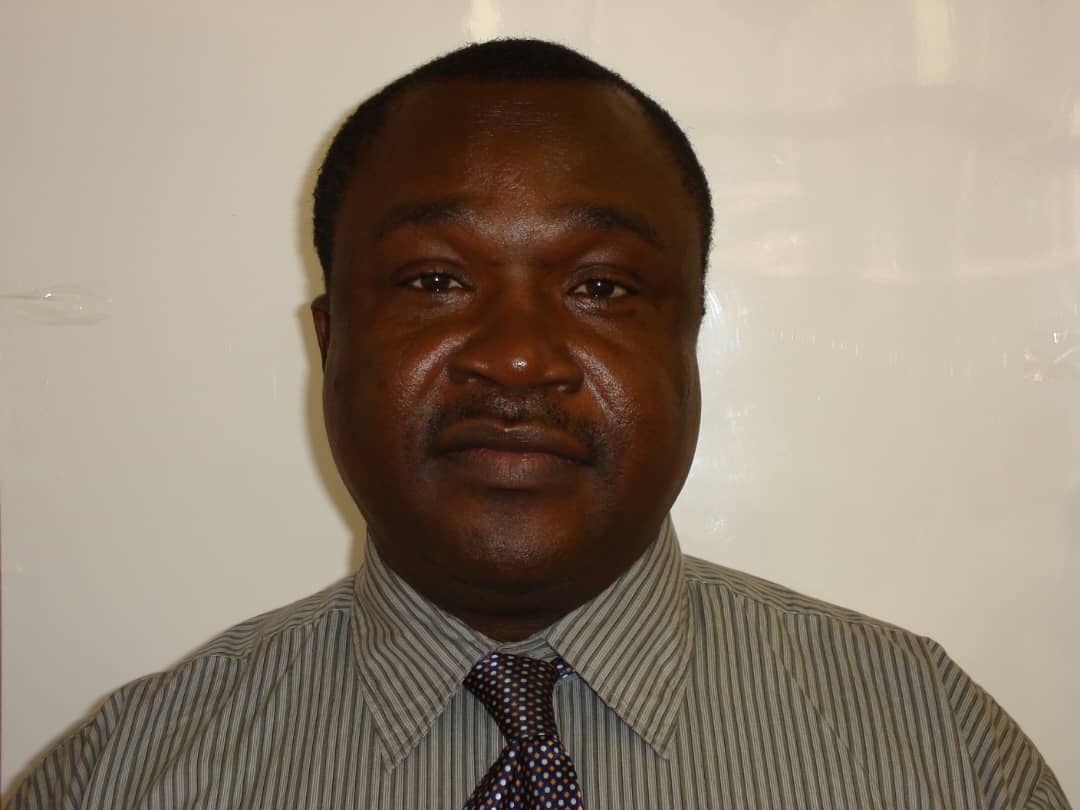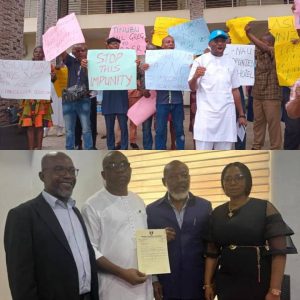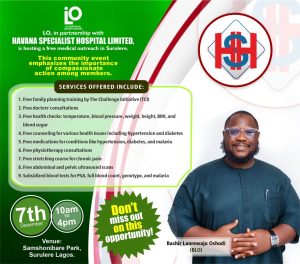Former Vice Chancellor of the University of Abuja, Prof. Micheal Adikwu, gives a fill-in on why Nigerian universities is not ranked among the top 10 in Africa
5 min read
Former Vice Chancellor of the University of Abuja, Prof. Micheal Adikwu, gives a fill-in on why Nigerian universities is not ranked among the top 10 in Africa.
…..emphasizes the need for practical learning.
By Onome Naomi

In an interview with former Vice Chancellor of the University of Abuja, Prof. Micheal U. Adikwu, the interviewer asked many eye-opening questions concerning situations arising from the university education setting in Nigeria in a bid to address the laxity found in the educational system.
The interviewer, who is the publisher of NationGuardNews, Mr. Fidel Ozugha, emphasized the issue at stake in the university education in Nigeria and Africa with a focus on why Nigeria is not among the top 10 universities in Africa yet has 274 recognized universities that are doing really well with impartation and infrastructure.
In response, Prof. Michael Adikwu said:
“There are a lot of factors involved, the first being that those rankings may have been done in a biased format to favor their allied countries; the ranking is done outside Nigeria, which enables the room for a biased pick.”
“Secondly, there are too many universities in Nigeria at present, and many of these universities are underdeveloped. People talk all the time of the falling standards of education, and this is so due to an explosive rate of growth outside the country, and Nigerians are not matching up.”
“In the 70’s/80’s, the lifespan of knowledge was about 10-20 years, but today it is less than 3 years before something new comes to replace previous knowledge. The scientific world is fast evolving, and while the Asians, for instance, are quick to catch up, the same cannot be said for Nigeria. We need to move fast if we are to catch up with the rest of the world.”
The interviewer then asked what Nigerians must do to move fast in technology and sciences like the rest of the world. Has funding problems, corruption, or administrative and management problems slowed down Nigerian universities evolvement?
In continued response, Prof. Micheal Adikwu stated that:
“There are lots of factors involved. The above aspects mentioned in the question asked may be the least.”
“When university education began in Nigeria, VCs were picked regardless of ethnicity. For instance, we once had an Igbo man as Vice Chancellor of the University of Ibadan, late Kenneth Dike. We also had an Igbo man as Vice Chancellor of Bayero University, Henry Njoku, but nowadays VCs are picked from the local community. The governing councils, regardless of qualifications, will appoint a vice chancellor as long as he/she is an indigene. I have heard about a federal university in the east where 99 percent of the staff are from that state, yet we call such a university a federal university. Where is the federal character?”
“The second issue of concern is that theoretical knowledge is gradually degenerating globally. To supplement the gradually degenerating education, some countries have put in place postdoctoral research. What this means is that knowledge is tapped from all over the world; the researchers then use the global knowledge gained to develop their country of residence.
“Now, the postdoctoral research has enabled the use of foreign knowledge not depending on local knowledge alone.
Why are we not doing this in Nigeria? We can infuse people from all over the world into our university systems and allow knowledge to flourish.”
“In 2006, while in Manchester, England, a friend took me to the back area of Old Trafford, which used to be an industrial complex. As little interest was being shown by their locals in science, scientists were outsourced from other countries.”
“When you see European countries advertising for scholarship considerations, it is not for the benefit of third world countries per se. They need our students to come over there and make use of their facilities, as it will be beneficial to them in the future. It is a norm that most people who travel to Europe to school will prefer to stay there after schooling and end up contributing to that economy. So you can move from Nigeria to Europe, and whatever knowledge you have is deposited there. Whatever discovery you make is used by the local community. That is the way it is.”
“As for university funding, Nigerian universities are not able to generate their own funds.” This could be a result of the corruption and administrative deficiency you talked about, but what to note specifically is the poor knowledge flow into the Nigerian educational system.
“To reconcile the problems of corruption in the country and the university educational system, it is paramount that one’s course of study should be utilized rather than go to waste. 99% of Nigerians are not ready to work but want quick gains, while in other countries the amount of work you put in determines your gains. Meanwhile, it should be noted that Nigeria has over 289 solid minerals, and there is a center of excellence for solid minerals research in Kaduna Polytechnic. They’ve done a wonderful job with such achievement, yet those that are meant to use it are not even aware of its existence.”
“Talking about communication services, the bandwidth and whatever product comes with it are all foreign origination; what then is your local option? In Nigeria there are a lot of factors affecting our development, but if everybody works hard, things will improve. The fast followers in Asia are working very hard; hence, their products are everywhere. In South Korea, most of the toys you see in our market are made in their secondary and technical schools. The willingness to work is key to development.
“Our learning system should advance from theory to project-based learning like other foreign countries; practical learning lasts longer in the memory. Nigerians have to be practically oriented. Let’s watch others in established economies and replicate their actions; we should learn to work hard and smart.”
“Learning practically should start from the kindergarten level, so that when they finish secondary school education and advance into the university level, these practical learnings can help support themselves financially through university.”
“A recent broadcast online engaged the public on the advantages of private universities; people argued that private universities are awarding so many of their students a first class. My take is that this is not about bagging a first class, but what exactly do you do with your first class achievement? The real issue is not the certificate; can you perform?”
In conclusion, Prof. Micheal noted that emphasis should be laid on not just the university but also the primary and secondary education. They should be taught practically (teaching them what they can do with their hands, like tailoring, brick making, planting, etc.), not teaching them nursery rhymes with foreign names.








